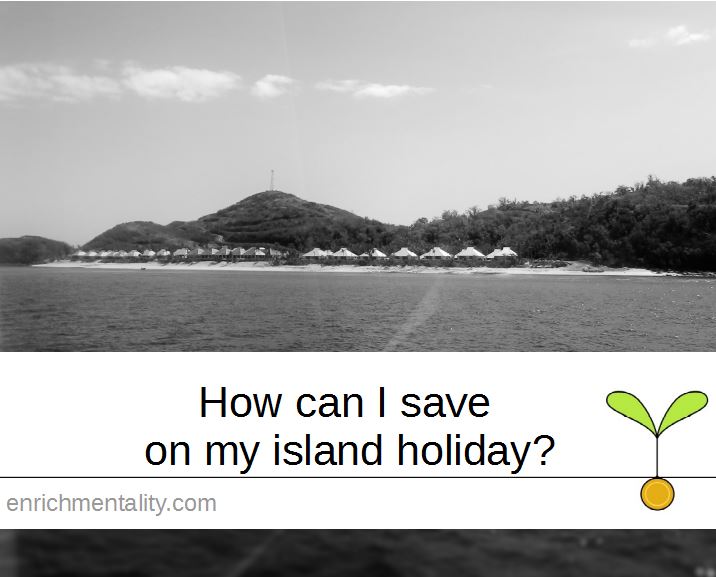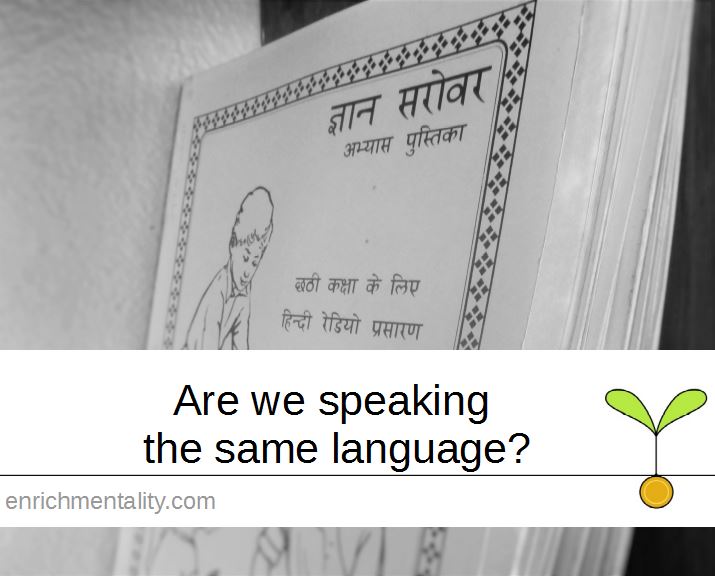Travel can be richly rewarding, but it shouldn’t have to be expensive.
Small tweaks here and there can make a huge difference. Pretty much everywhere in the world that a ‘captive audience’ gathers, you’ll find inflated prices. Having the forethought to bring your own snacks on a boat trip, for example, can save a lot. Recently, I noticed that while Twisties are 45c a packet at the supermarket in Fiji, they’re a gobsmacking $4.50 on the boat I’m currently on, cruising around the islands as we return to the mainland after our final volunteering placement!
Those of you who have been following Enrichmentality closely will know that over the past two months, we’ve been in Fiji on a volunteer program.
Today, I’m passing over to Elizabeth of Elizabeth the Island Enthusiast for a special guest post on how to save on your island holiday – a repost of her guide to Natadola Beach, with a focus on getting the most bang for your buck! Elizabeth is one of the volunteers we were fortunate enough to meet during our time here, and a bit of an island expert! If you’re thinking of coming to Fiji, exploring another island nation, or just traveling vicariously, please check out her blog!
Continue reading “How can I save on my island holiday? | Guest post”










